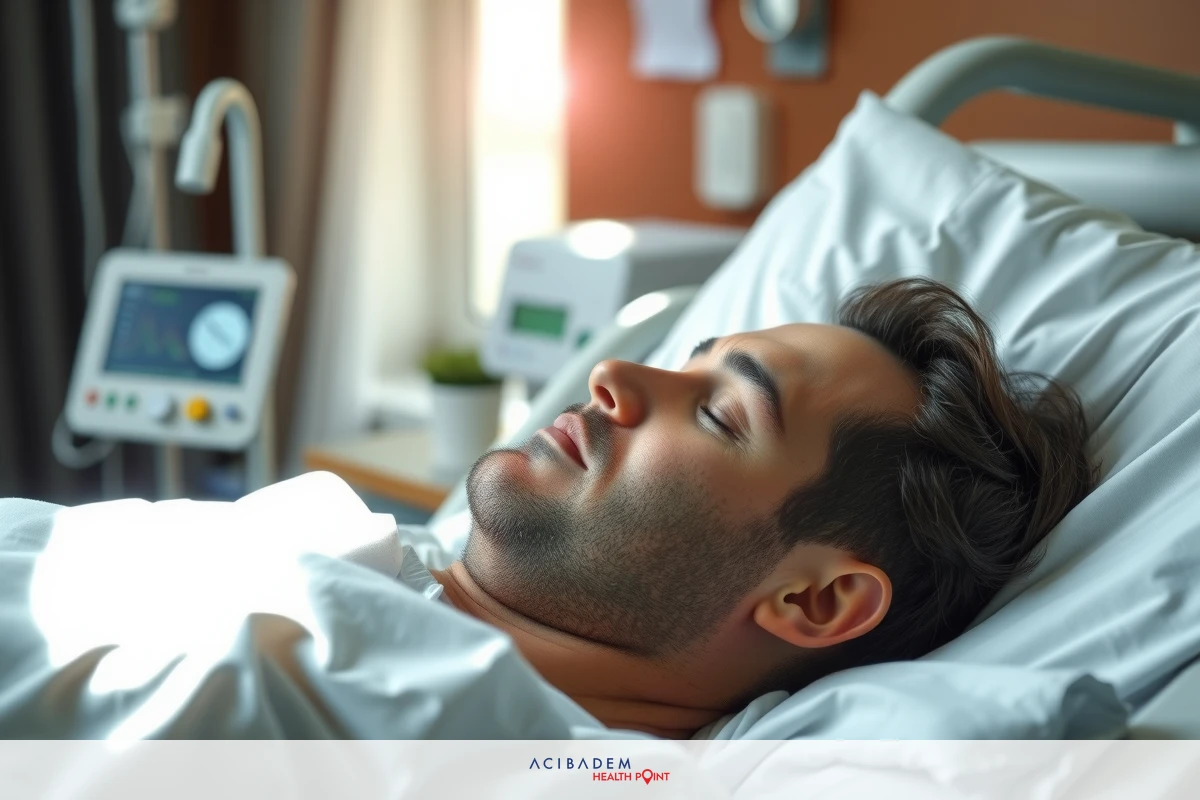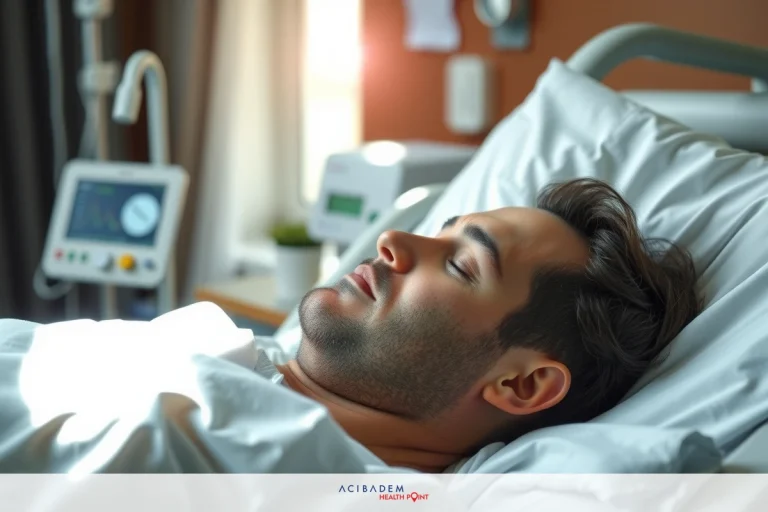What Degree of Head Angle Should I Have After Nose Surgery?
What Degree of Head Angle Should I Have When Sleeping After Nose Surgery? Sleeping comfortably after nose surgery might seem like a daunting task, but with the right sleeping position and head angle, it doesn’t have to be. The position in which you sleep post-surgery can greatly influence your healing process. More importantly, maintaining an optimal head angle can help reduce swelling, improve breathing, and prevent undue pressure on the surgical site.
While there is no one-size-fits-all answer as to what degree of head angle is best, medical experts generally recommend a range that promotes comfort and aids recovery. Ensuring your upper body is elevated at a specific angle can significantly impact the speed and efficiency of your recovery. This article provides insights into finding that ideal sleep position after your nose surgery, helping you rest better and recover faster.
Optimal Head Angle for Comfortable Sleep
After undergoing nose surgery, the quest for a comfortable sleep position begins. It is not just about comfort, but also about promoting healing and minimizing discomfort. A key factor that plays an essential role in this process is the optimal head angle for sleeping. Maintaining the right head angle can significantly reduce swelling, enhance breathing and blood circulation, and prevent any undue stress on the surgical area.
The ideal head position post-nose surgery involves keeping the head elevated at an angle of approximately 30 to 45 degrees. This slightly inclined position helps drain fluids, reducing the chances of nasal congestion, which tends to worsen when lying flat. Also, having an elevated head while sleeping aids in minimizing potential bruising and swelling after surgery. This specific sleep position may also help mitigate discomfort and alleviate any feelings of pressure or tightness around the surgical area.
Finding a comfortable sleep position with the optimal head angle often involves some trial and error initially. Using extra pillows or a wedge pillow can help achieve this elevated position more comfortably. While it might take some getting used to, maintaining this sleep posture can greatly aid in your recovery process. Remember that each person’s experience is unique, so what works best for one may not necessarily work for another. Listening to your body and paying attention to what feels most comfortable for you is crucial during this recovery period.
Recommended Sleeping Position
For a smooth recovery after nose surgery, one of the most critical aspects to consider is your sleeping position. It plays a significant role in healing and comfort. The generally recommended sleeping position involves keeping your head elevated at a certain angle, usually between 30 to 45 degrees. This position aids in reducing swelling, improving breathing, and ultimately, promoting faster recovery.
Sleeping with your head elevated helps reduce the risk of nosebleeds, which are common after nose surgery. By optimizing blood flow away from the surgical site, this position aids in preventing any unnecessary pressure or strain on the nose area. Additionally, an elevated position can also help alleviate congestion—a common post-surgery symptom—and promote easier breathing during sleep.

It’s important to note that while back sleeping with an elevated head is ideal, side or stomach sleeping may hinder the healing process. These positions could potentially cause harm to the surgical site. It’s advisable to use pillows or specially designed wedges to maintain your head at the recommended angle. These tools can support an upright position throughout the night and prevent inadvertent rolling onto your side or stomach
while asleep. Remember, patience is key during recovery—finding and maintaining your optimal sleep position may take some time but will ultimately aid in a smoother and more comfortable recovery process.
What Degree of Head Angle Should I Have After Nose Surgery?: Frequently Asked Questions
What is the ideal head angle for sleeping after nose surgery?
The ideal head angle for sleeping after nose surgery is approximately 30 to 45 degrees. This can be achieved by using extra pillows or a wedge pillow to elevate your upper body. It is important to maintain this position to reduce swelling and promote proper healing.
Can I sleep on my side or stomach after nose surgery?
It is generally recommended to avoid sleeping on your side or stomach immediately after nose surgery. These positions can put pressure on the surgical site and hinder the healing process. It is best to sleep on your back with your head elevated.
How long should I maintain an elevated head position when sleeping?
You should maintain an elevated head position when sleeping for at least 1 to 2 weeks after nose surgery, or as advised by your surgeon. This will help reduce swelling and promote proper healing.
Can I use a regular pillow to elevate my head?
While a regular pillow may provide some elevation, it might not be sufficient to achieve the optimal head angle needed for post-nose surgery sleep. Using additional pillows or a wedge pillow specifically designed for elevation can provide better support and comfort.
Will maintaining an elevated head position during sleep prevent snoring?
Elevating your head during sleep can help improve airflow and reduce the likelihood of snoring. However, if snoring persists or becomes problematic, it is advisable to consult with your healthcare provider for further evaluation and guidance.











